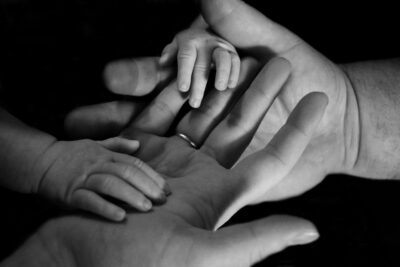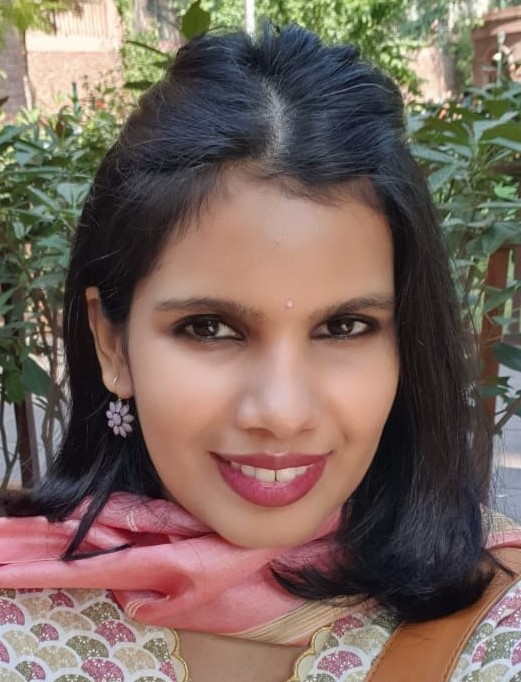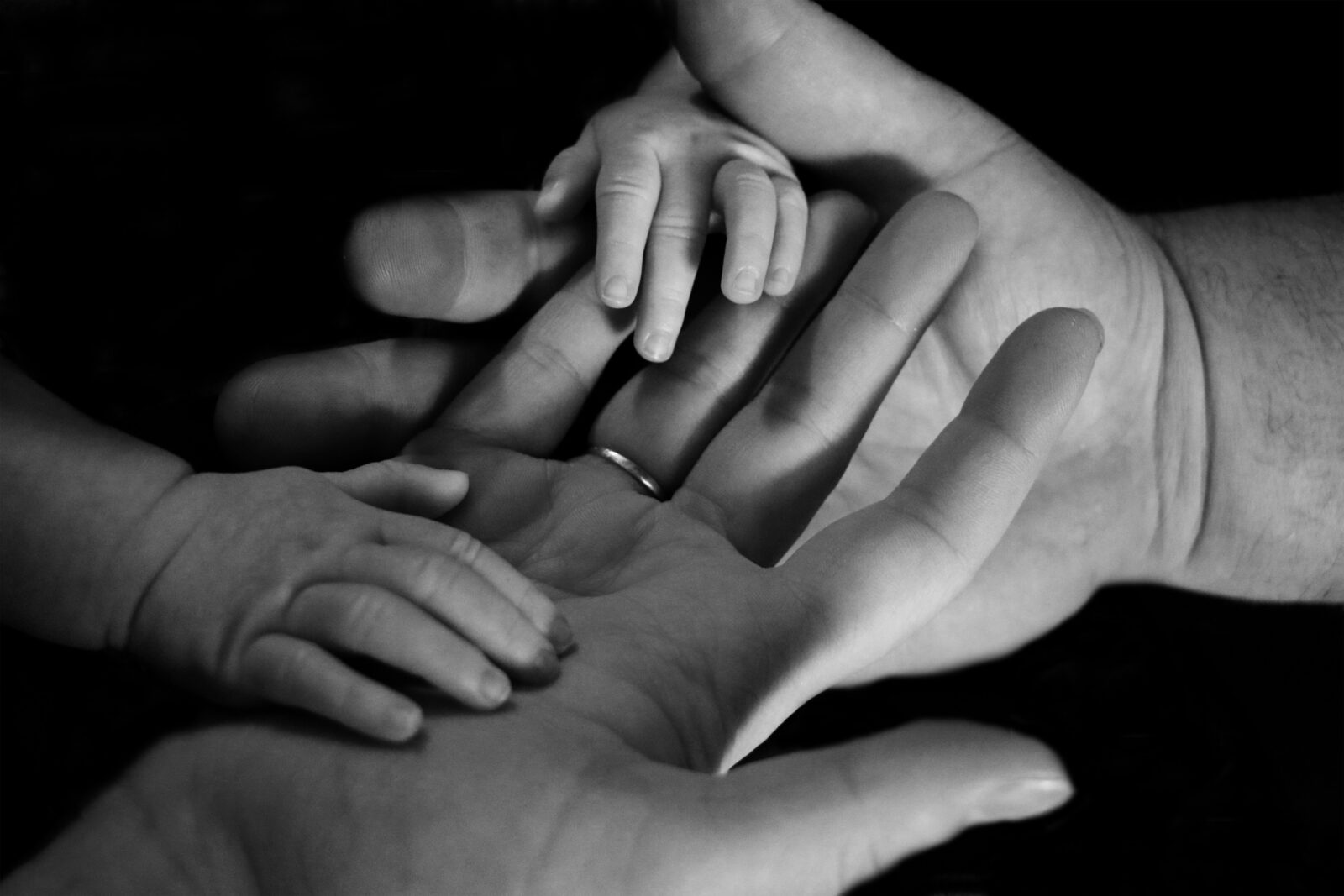
The double lines on a pregnancy test mark the beginning of a woman’s journey as a mother. As she grapples with myriad emotions ranging from ecstatic joy to anxiety about being a good mom, little does she realise that this inner turmoil will be the least of her problems. The real challenge begins when the baby arrives. As she holds the newborn, waiting for a gush of motherly emotions to wash over her, she is surprised to find an unexpected sense of disconnect engulfing her. However, she can heave a sigh of relief with her mom and mom-in-law in attendance to expertly swaddle the baby and coo sweet nothings into the little one’s ears.
In contrast, about 5000 km away in the urban city of Seoul, a mom has an entourage of nurses to care for her newborn. In South Korea, going to a joriwon or a postpartum care centre after childbirth is almost a nor considering that nearly 8 out of 10 women opt for it. A joriwon is a facility that offers services akin to a luxurious resort. These include nutritious meals and snacks delivered to your door, a one-to-one session on baby care, and rejuvenating massages that will help you lose weight and get your pre-pregnancy body back sooner rather than later. A mother can decide whether she wants her baby to share the room with her or just meet up with her for a feeding session. Also, whether she wants to feed her baby at all or sleep it out and get over the arduous birthing journey is left wholly to her discretion.
The strict visiting rules at a joriwon ensure that barring your partner, no one else can see your baby until you leave the centre, to prevent any infection exposure. Yeah, it’s also a legit way of avoiding those annoying uncles and aunts. Sounds like a dream, doesn’t it? But is it? While many first-time Korean moms feel pampered and well-rested after their stint at a Joriwon, some felt they missed out on their little ones’ initial milestones and found it difficult to bond with their newborn once back home.
How is Postpartum Care Different in India?
In India, baby and postpartum care have traditionally been a mother and grandmother joint venture. Here, a pregnant woman looks to her mother or mother-in-law for advice on the do’s and don’ts of childbirth and perinatal care. It includes a 40-day confinement period at home, oil massages for both mommy and baby by an experienced Maalish Wali that the grandmother sources through her contacts, the tummy binding with a clean cloth and well-balanced, wholesome meals replete with ingredients to promote lactation, digestion and immunity. These traditions are followed through the length and breadth of the country and have successfully aided in a smooth recovery for mothers.
But again, not every woman in our country can experience such luxuries. Financial constraints, strained interpersonal relationships, ageing parents and wanting to get back to work soon are some of the reasons why many new moms choose to take care of themselves, making them more vulnerable to incidences of postpartum depression.
Can a Joriwon be the Answer to Postpartum Care in India?
A joriwon is exorbitantly priced, making it inaccessible to people who can’t afford it. It also offers its services only for a period of 21 days, after which a mother is left to navigate the remaining postpartum challenges on her own. The abrupt transition from a five-star set-up with help round the clock to a regular home without help can prove even more disheartening.
A postpartum care centre might be the only option for those who are living in a nuclear family set-up and who don’t have a support system to rely on. However, it misses out on one key aspect – it alienates the dad from the entire parenting equation. In today’s world, when more and more dads are equally active in the burping, diapering, bathing and feeding rigmarole, why deprive them of these bonding activities? Why reinforce the age-old belief that baby care is a woman-centric process? Yes, just because a mother lactates doesn’t mean that an infant needs to be attached to her body like an appendage 24*7. This is when contraptions like breast pumps come into play. They assist a mom in expressing her milk and, thereby, empowering dads with the superpower to feed their baby.
The way to go forward is to make postpartum care a joint venture of both the mother and father. A father needs to feel equally responsible for his baby rather than be like the special visitor who just cuddles his bathed, fed, and diapered baby. On the other hand, a mother needs to stop feeling the pressure to take up the onus of caring for her infant. Adequate support from the extended family is also necessary, as new parents may feel an initial lack of confidence in their parenting skills. The plethora of information on child care on the internet and prenatal classes in most cities, can help instil a sense of preparedness in both parents. Also, parents need to be equipped with correct information to differentiate the myths and misinformation that inadvertently trickle down with well-intentioned advice from the family’s elders.

Anjali Susan Paul
Anjali Susan Paul is a freelance content writer and blogger. She has written several articles and short stories on parenting, social issues, wellbeing & lifestyle, regularly featuring on India’s leading online platforms like Momspresso and Women’s Web. She has also won several writing contests on these platforms. Anjali has written content for several multinational companies, including Johnsons and Johnsons, Unilever, Whirlpool India, Colgate, Mamaearth, Dyson, etc. In 2018, she was shortlisted for the prestigious Orange Flower Awards by Women’s Web in the category of most powerful social impact voice. In the subsequent year of 2019, she was declared a finalist for the prestigious Orange Flower Awards in two categories- writing on LGBTQ issues and Social Impact. Her Story was also part of the Women’s Web anthology eBook- ‘Sharing Lipstick’.

Didn’t know about the South Korean traditions for part partum mothers. Thank be Anjali for that well researched and written piece. I especially liked the blend of the old and the new, apt for the parents grappling in this current generation trying to mix the best of both.
Well written article! Very informative too Anjali. Didn’t know that South Korean post partum procedures were this way.